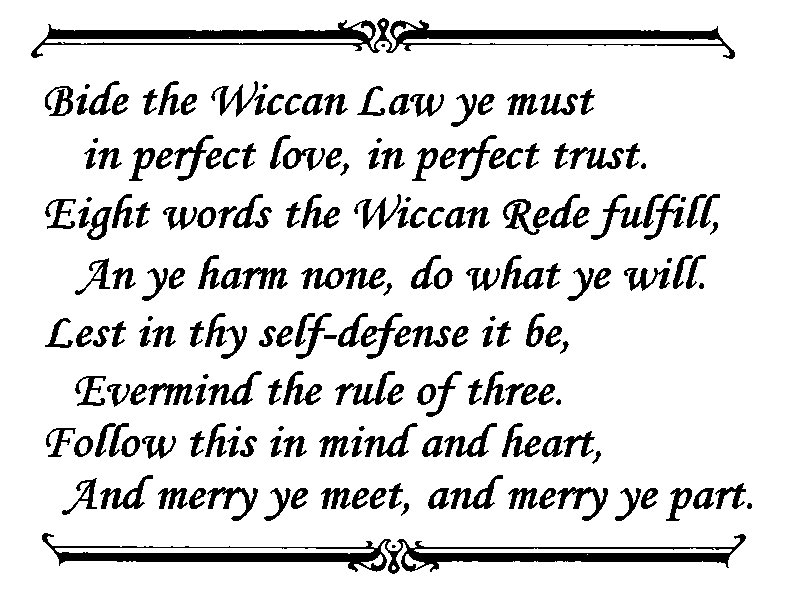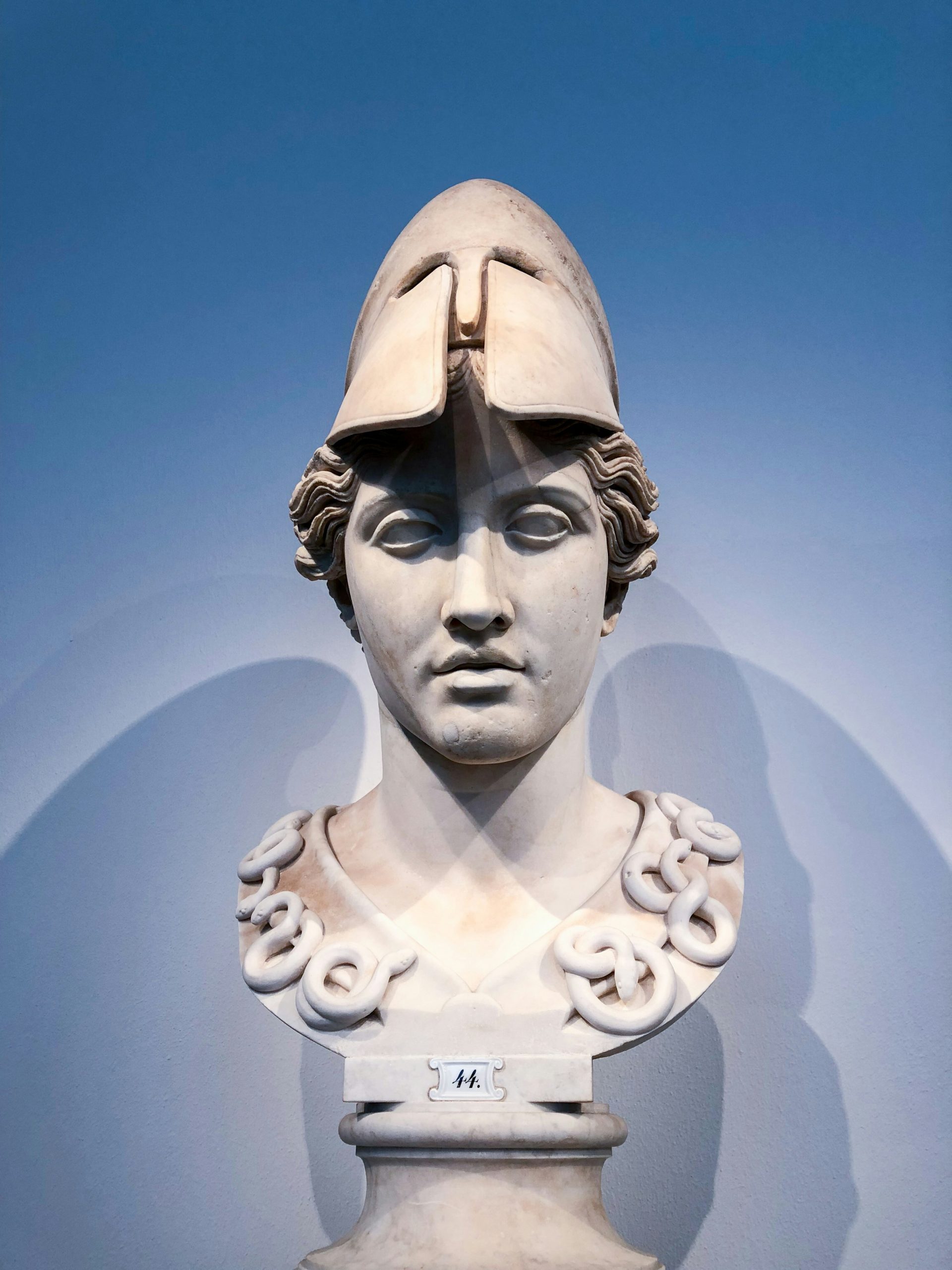I recommend thinking about your ethical system on your Pagan path. . This post was originally part of a series on Building Your Pagan Path. It is aimed at individual practice, but can be applied if you are working in a group. It is even more important to have an ethical code when you are flying solo than when you are following a pre-packaged spiritual path
What are Ethics?
A lot of people gag when they hear the word “ethics.” There’s an image of someone telling you what behavior is acceptable and what isn’t. You may think of a parent or teacher shaking their finger, telling you to sit up straight and keep your elbows off the table. As if that had anything to do with whether you were kind. You may have gone to Sunday school and had the Ten Commandments drilled into you, while seeing adults failing at living up to that measuring stick.
So what are “ethics?” According to Merriam-Webster, ethics are “the discipline dealing with what is good and bad and with moral duty and obligation.” Good and bad are often relative terms. Situational ethics are more realistic. Good-bad versus situation considerations can be described with a typical example. Person A cuts person B. At first, this seems a bad thing. If A is a surgeon trying to remove a tumor from B, this is a positive scenario. This example is a reminder that context is be very important. Many of us are brought up with ethical standards that tend toward a good-bad dichotomy, instead of examining the context and taking life on a case-by-case basis.
Various Pagan and Heathen religions have their own codes of ethics. These may inspire you or at least give you some ideas about how you want to approach this. Two examples are the Wiccan Rule of Three and the Norse Nine Virtues.
The Wiccan Rede
The version of the Wiccan Rede used in my tradition is as follows:

I’ll talk about the Rede and the Charge of the Goddess in more detail elsewhere, but for now, I just want to talk about the Rule of Three. It can be viewed in several ways. The thought that what you put out comes back to you threefold is sometimes seen as simplistic, but it isn’t if you think about this as more than a math exercise. I’ve never seen this as the universe keeping a scorecard. Instead, what you do affects you physically, mentally/emotionally, and spiritually. This makes sense to me as a more direct cause and effect, rather than punitive action on the part of the universe. What do you think? Is there a cosmic gatekeeper that tracks your progress or is it an aspect of nature, like gravity?
The Nine Virtues
Perhaps the most detailed Pagan set of ethics is the Norse Nine Virtues. The Virtues are:
- Courage
- Truth
- Honor
- Fidelity
- Discipline
- Hospitality
- Industriousness
- Self Reliance
- Perseverance
They provide ancient wisdom in condensed form. You can read more about the Virtues here: http://www.odinsvolk.ca/O.V.A.%20-%20NNV.htm and many other sites.
Creating our Own Ethics System
When we decide to build our personalized Pagan path, we may choose to set aside the list of thou shalts and thou shalt nots that we were taught. This doesn’t mean we should not have an ethical code. I actually think that it is more important when you are creating your own path. You want guidelines that are important to you, and it helps to have thought them through before you have to make a hard decision.
Years ago, I took a class through Cherry Hill Seminary on Boundaries and Ethics. Almost all the students were Pagan clergy or caregivers of some sort. We each wrote our own code of ethics as clergy. I broke down my code into sections on responsibilities to my client/covener, community, profession, deity, and myself. I’ve used this code to guide my actions when dealing with troubled coveners, the Pagan community at large, and my own self-care.
When I taught my Wiccan classes, we discussed ethics a lot. We focused on responsibility for our own actions. We’re obliged to try to think ahead to the possible outcomes before we act. For example, we suggest not doing healing for someone else without having their permission first. This helped us not place our own desires over the self-agency of someone else. I also had my students write their own code of ethics.
Below are a few sample items from my code of ethics. Yours can be less formal:
- The Wiccan Rede is one of my guiding principles.
- I shall respect and seek to preserve the autonomy and dignity of each person.
- I shall utilize only those practices for which I am qualified by personal experience, training, or education. I will keeping in mind that I am not a professional counselor, nor have I been trained as one.
- I shall endeavor to enrich the mission and presence of the religious communities with which I work and am affiliated. I will try to be a positive representative for my faith and community.
- I shall serve all persons without discrimination regardless of religion, faith group, race, ethnicity, sexual orientation, gender, gender expression, age, or disability
- I will act in a manner consistent with my beliefs and in honor of my deities.
- I will manage my personal life in a healthy fashion and seek appropriate assistance for my own personal problems or conflicts.
Summary
What is important to you? Is it in alignment with your ethics to treat everyone as you would like to be treated? Most religions have some form of the “Golden Rule” and you might want to include a version of that in your system. Is it important to work in support of the environment? Are you vegan and want to have guidelines related to animals? You can build all this into your personal code of ethics so that your spiritual path lines up with what is important to you, not a generic list that was handed to you.


Leave a Reply